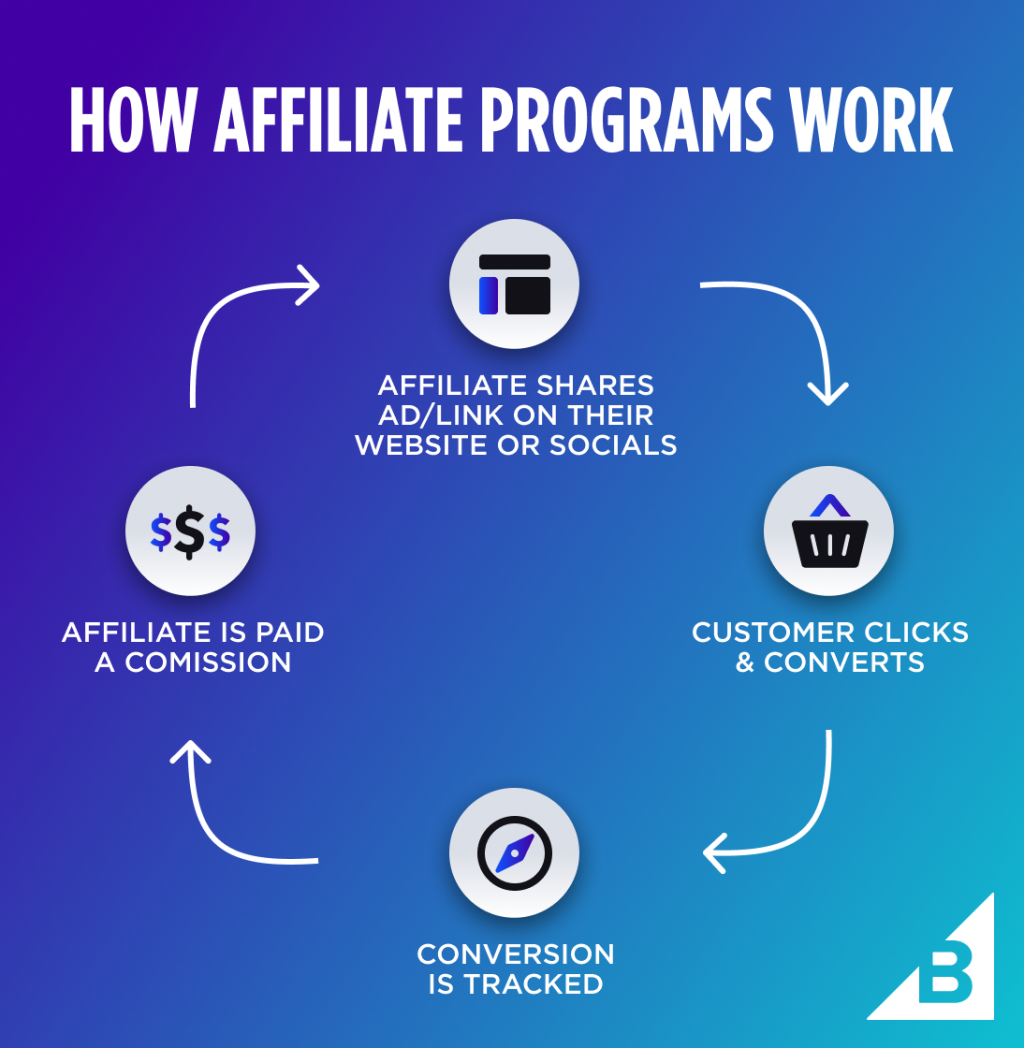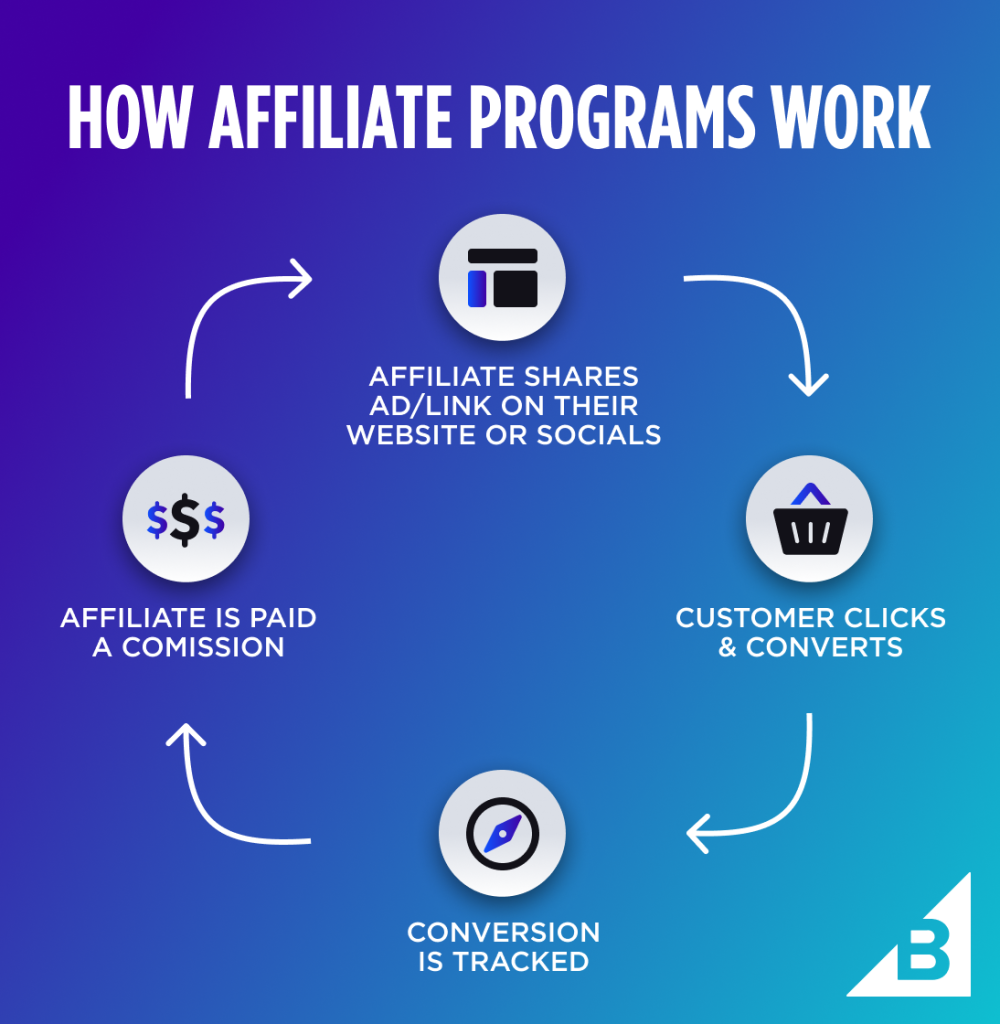
Looking to become a successful affiliate marketer? Look no further! In this article, we will provide you with valuable insights and strategies to help you excel in the world of affiliate marketing. Unlike other marketers who may simply focus on selling products for the sake of it, we will delve into the realm of real affiliate resources, effective methods, and practical steps you can take to achieve success. Whether you’re just starting out or looking to enhance your existing affiliate marketing skills, this article is for you. Let’s get started on your journey to become a successful affiliate marketer!

Choosing the Right Affiliate Program
Affiliate marketing can be a lucrative way to earn passive income, but choosing the right affiliate program is crucial for your success. Understanding the different types of affiliate programs available is the first step in finding the perfect match for your niche. Whether it’s pay-per-click (PPC), pay-per-lead (PPL), or pay-per-sale (PPS), knowing the commission structure of the program is essential. It’s also important to research the program’s reputation and track record to ensure that they are reliable and trustworthy. Lastly, consider the product or service offered by the program and evaluate if it aligns with your target audience’s needs and interests.
Building a Solid Affiliate Strategy
Now that you’ve chosen the right affiliate program, it’s time to build a solid strategy to maximize your earnings. Start by identifying your target audience and niche market. Understanding who you are trying to reach will help you tailor your marketing efforts effectively. Research popular affiliate marketing techniques to find out what has worked for others in your industry. Setting clear goals and objectives will keep you focused and motivated. Create a content and promotion plan to ensure that you consistently provide valuable content and effectively promote your affiliate offers.
Effective Affiliate Link Placement
Placing your affiliate links strategically on your website can significantly impact your conversion rates. Understanding the psychology of link placement is essential. People are more likely to click on links that are relevant, contextual, and visually appealing. Identify high-conversion areas on your website, such as sidebar widgets, call-to-action buttons, or within the content itself. Integrating affiliate links seamlessly into your content enhances the user experience and increases the chances of conversion. Additionally, utilizing different types of affiliate link formats, such as text links, image links, or banner ads, can cater to various preferences and improve your click-through rates.
Driving High-Quality Traffic to Your Affiliate Offers
No matter how great your affiliate offers are, they won’t generate income unless you drive high-quality traffic to them. Implementing effective search engine optimization (SEO) strategies will help your website rank higher in search results and attract organic traffic. Leveraging social media platforms for promotion can expand your reach and engage with your target audience. Utilizing email marketing is a powerful tool to reach potential customers directly. Collaborating with influencers and bloggers can tap into their established audiences and boost your affiliate marketing efforts.

Creating Engaging and Persuasive Content
Engaging and persuasive content is the backbone of successful affiliate marketing. Valuable content is key to building trust with your audience and positioning yourself as an authority in your niche. Structure your blog posts and articles in a way that maximizes impact, such as using catchy headlines, bulleted lists, and concise paragraphs. Visuals and multimedia, such as images, videos, and infographics, add interest and enhance the overall user experience. Incorporate customer testimonials and reviews to provide social proof and strengthen your credibility.
Tracking and Analyzing Affiliate Marketing Performance
To optimize your affiliate marketing efforts, it’s crucial to track and analyze your performance. Implement tracking codes and affiliate software to accurately track clicks, conversions, and sales. Monitor key performance indicators (KPIs) relevant to your goals, such as click-through rates, conversion rates, and earnings per click. Analyzing conversion rates and sales data can help you identify trends, patterns, and opportunities for improvement. Making data-driven adjustments based on your analysis will enable you to optimize your results and increase your revenue.

Building Strong Relationships with Merchants and Customers
Building strong relationships with both merchants and customers is vital for long-term success in affiliate marketing. Communicate effectively with affiliate managers, as they can provide valuable insights, support, and opportunities. Negotiating higher commission rates and exclusive deals can significantly boost your earnings. Providing exceptional customer service, both before and after a purchase, can increase customer satisfaction and loyalty. Engage with customers through social media and email to foster a sense of community and personalize your interactions.
Staying Up-to-Date with Affiliate Marketing Trends
Affiliate marketing is a dynamic industry, and staying up-to-date with the latest trends is crucial to remain competitive. Follow industry-leading blogs and forums to stay informed about new strategies, tools, and techniques. Attending affiliate marketing conferences and events allows you to network with industry experts, learn from successful affiliates, and gain fresh insights. Collaborating and networking with other affiliates can provide valuable support and opportunities for collaboration. Keeping an eye on emerging technologies and strategies enables you to adapt and stay ahead of the competition.

Managing Time and Resources Effectively
Successfully managing your time and resources is essential to maintain productivity and efficiency in affiliate marketing. Create a detailed schedule and to-do list to prioritize tasks and stay organized. Prioritize tasks based on their potential return on investment (ROI) to ensure that you focus on activities that generate the most revenue. Automate repetitive tasks by utilizing tools and software to free up time for more strategic activities. Outsourcing non-essential activities, such as content creation or administrative tasks, can allow you to focus on your core competencies and maximize your productivity.
Ensuring Compliance with Affiliate Marketing Regulations
Compliance with relevant laws and regulations is crucial to maintain ethical and legal practices in affiliate marketing. Familiarize yourself with the specific laws and regulations in your country or region pertaining to affiliate marketing. Disclose your affiliate relationships transparently to your audience to maintain trust and transparency. Stay updated on guidelines issued by organizations like the Federal Trade Commission (FTC) to ensure compliance with disclosure requirements. Adhere to the General Data Protection Regulation (GDPR) and privacy regulations to protect your customers’ data and privacy.
In conclusion, successful affiliate marketing requires careful consideration of various factors, from choosing the right affiliate program to implementing effective strategies and staying compliant with regulations. By understanding the different types of affiliate programs, evaluating their commission structures, and researching their reputation, you can make an informed decision. Building a solid strategy, placing affiliate links effectively, driving high-quality traffic, creating engaging content, analyzing performance, building relationships, staying updated with trends, managing time efficiently, and ensuring compliance are all crucial elements of a successful affiliate marketing journey.








